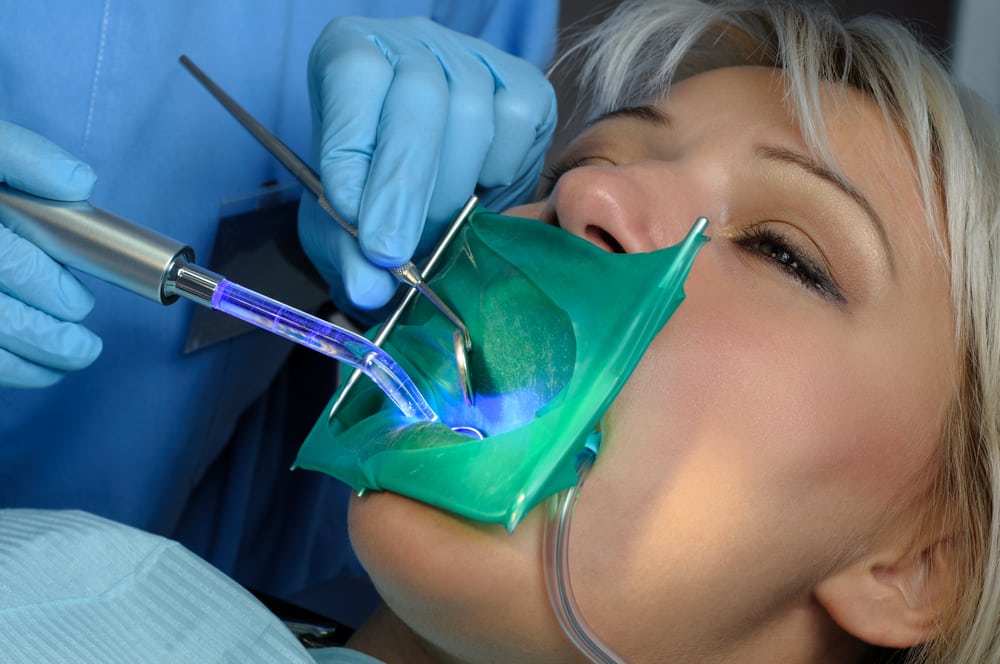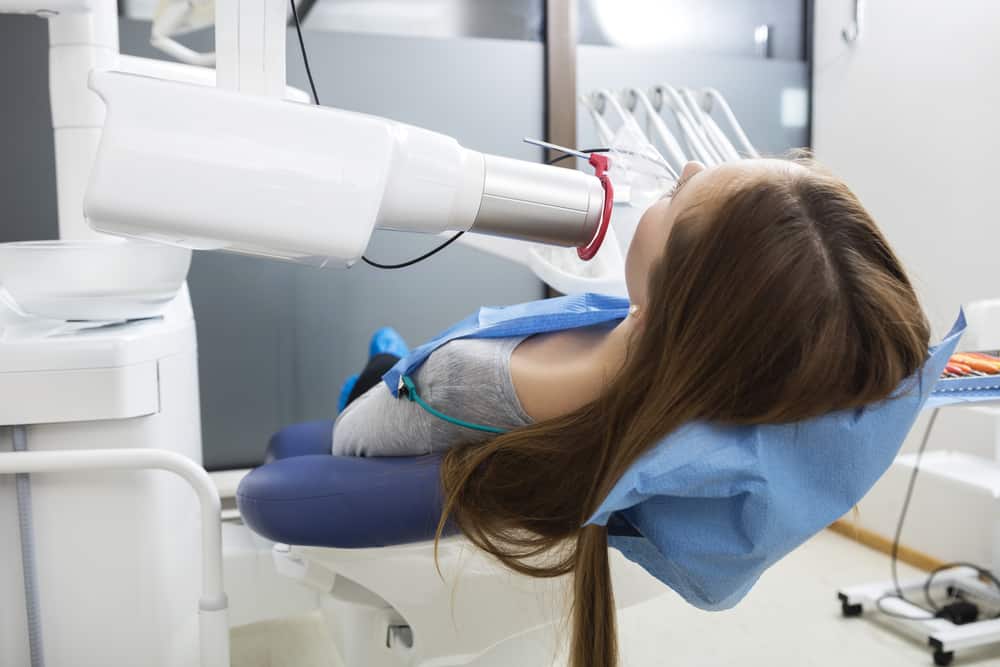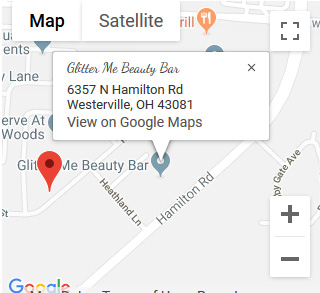Root canals conjure fear in the hearts of many people. We believe that most of that fear is based on the inherent fear of the unknown.  By explaining what you can expect during a root canal procedure, we hope to help you fight those fears if you ever have a root canal in your future.
By explaining what you can expect during a root canal procedure, we hope to help you fight those fears if you ever have a root canal in your future.
Expect Good Anesthesia and No Pain
One of the biggest fears we hear from patients regarding root canals is the fear of pain. People expect to feel everything the dentist is doing during the procedure. The reality is that you should experience good anesthesia in the area where your dentist is working, which means you should also experience no pain while he or she works.
Local anesthetic turns off pain signals between the nerves of a tooth and the brain. This means you could still feel certain stimuli, but they will not be painful. Some teeth are difficult to “numb”, and in these cases, you may experience your dentist giving repeated administrations of local anesthetic. The important thing to remember is that you will only feel the first one. Your dentist will use the safest amount to ensure your comfort throughout the procedure.
Expect a Strange Barrier Device called a Rubber Dam
 One of the most important factors of a successful root canal is cleaning out the internal chamber of the tooth that has been contaminated by bacteria. In order to achieve a long-lasting seal on the final root canal, the dentist must prevent any new bacteria from reaching that internal chamber in the tooth. To keep the working field as sterile and dry as possible, he or she uses a barrier device called a rubber dam. This is a square piece of rubber (non-latex material available for those with allergies), which the dentist places over the single tooth receiving the root canal treatment. All other teeth, all gum tissue, cheeks, lips and tongue are protected underneath the barrier.
One of the most important factors of a successful root canal is cleaning out the internal chamber of the tooth that has been contaminated by bacteria. In order to achieve a long-lasting seal on the final root canal, the dentist must prevent any new bacteria from reaching that internal chamber in the tooth. To keep the working field as sterile and dry as possible, he or she uses a barrier device called a rubber dam. This is a square piece of rubber (non-latex material available for those with allergies), which the dentist places over the single tooth receiving the root canal treatment. All other teeth, all gum tissue, cheeks, lips and tongue are protected underneath the barrier.
This keeps your bacteria-containing saliva from contaminating the open tooth, and it keeps the bad-tasting materials used in a root canal from touching the inside of your mouth.
Expect Lots of X-rays during the Procedure
Because the majority of the root canal procedure takes place within the hollow chamber of a tooth, including its roots, the dentist will use multiple x-rays throughout the procedure to ensure the correct position of tools and materials. The good news is that, in today’s world of digital everything, digital dental x-rays make this step very fast. If you’re not paying attention, you could even miss the fact that they are taking x-rays at all. 
Some patients become concerned that “lots of x-rays” means that something has gone wrong. This is not true. Taking multiple x-rays at various angles throughout the procedure is a normal and necessary part of a root canal treatment.
Expect Minor Pressure and Scratching Sensations
As we said earlier, local anesthetic turns off pain signals to the brain. It does not, however, turn off signals of pressure, so you will probably still feel the movement, pressure and scratching sensations associated with root canal treatments. Sometimes it can be hard to distinguish between what you feel and what you hear or see. Just be prepared to feel movement, pushing, scratching, etc…
The only time you need more local anesthetic is if you do feel pain. If so, you need only request more anesthetic so your dentist can keep you comfortable.
Expect Moderate Pain after the Procedure
Most people who need root canals have pain on the tooth before the procedure. Even those who do not, though, should expect moderate pain after having a root canal. Because of the human body’s inflammatory reactions to bacteria and trauma of any kind, dental treatment causes tenderness afterward. Your body responds to the “injury” of dental treatment with tenderness, sensitivity, and possibly swelling.
Those with large infections prior to a root canal will likely take oral antibiotics to continue fighting those bacteria even after the procedure. Most post-operative pain from a root canal is easily managed with a strict schedule of over-the-counter pain medications. In cases of severe pain, your dentist will prescribe the appropriate pain reliever.
More Questions about Root Canals?
Call today to schedule a consultation with our dentists. We can answer any question you have about root canals and address any issues unique to your specific situation.


Comments are closed.